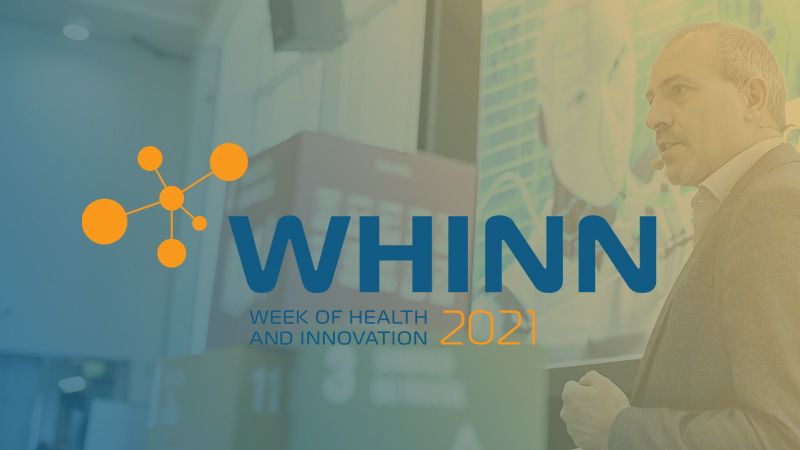
In the late 1990s personalized medicine’ was defined as “the customization of healthcare, with decisions and practices being tailored to the individual patient by use of genetic and other information”, and researchers and clinicians looked to genomics as the new frontier for health care. Genomics was for many years synonymous with personalized medicine.
Today, 20 years after the finalization of the human genome project, the view on precision medicine has changed. It is now obvious that genomics as a stand-alone methodology has limitations, and new technologies in proteomics and artificial intelligence as well as phenomics and information of the environment are now widely used.
Save the date for the Visionary seminar on the future of precision medicine and how healthcare systems are changing!
WHEN: 23 September 2021
WHERE: Odense, Denmark and digital
- 09.00 Registration – and coffee in the auditorium
- 09.30 Setting the scene: What is ‘precision medicine’ and introduction of the good biomarker from a clinical point of view
- Twenty Years with Personalized Medicine: Past, Present, and Future
Personalized medicine arises out of the idea of improving and individualizing pharmacotherapy but these ideas have gradually spread to other areas of our health care system. The presentation will mainly focus on the development within oncology.
By Jan Trøst Jørgensen, Director, Dx-Rx Institute - Precision Medicine through innovative Biomarker Signatures
The basis for precision medicine requires more data leading to a deeper understanding of disease mechanisms, precision targeting of these mechanisms and biomarker signatures to stratify the patients accordingly. The shift from treating symptoms to disease mechanisms is essential for an optimal treatment which has curing the patients at its heart. Using high-multiplex assays which analyze protein as well as post-translational modifications can deliver information about mechanisms, potential drug targets and at the same time biomarker signatures speeding up the process of drug discovery and leading the more precise treatment.
By Ronny Schmidt, Head of Contract Research, Sciomics GmbH (presentation online)
- Twenty Years with Personalized Medicine: Past, Present, and Future
- 11.30 Lunch break and networking in the exhibition zone
- 12.30 Moving beyond genomics – the development of functional precision medicine and systems precision medicine
- Every patient is unique, so is every one of their cells: Artificial Intelligence & Single Cell Multiomics is changing the Clinical Outcome for Patients Today
By Dr Andreas Schmidt, CEO, Proteona - Towards personalized medicine: how the TRACE PDX platform is boosting cutting edge cancer research
The presentation will elaborate on the importance of using appropriate in vivo models for drug testing and in cancer biology studies. Additionally, Professor Leucci will talk about the experience at the PDX platform Trace and highlight through a few examples how the platform became an important bridge between the researchers and the clinic.
By Professor Eleonora Leucci, PhD, Department of Oncology, KU Leuven (presentation online)
- Every patient is unique, so is every one of their cells: Artificial Intelligence & Single Cell Multiomics is changing the Clinical Outcome for Patients Today
- 14.00 Coffee break and networking in the exhibition zone
- 14.30 Intelligent Health: Unlocking the Potential in Digital Health Data
If health data is the oil of the future, do we have the infrastructure to extract it?
To an unprecedented extent, better utilization of Danish health data through artificial intelligence has the potential of preventing disease and improving treatment of patients and, at the same time, of becoming a new export adventure for the Danish life-science industry. However, as pointed out in the Government’s recently published strategy for Life Science, a number of legal, infrastructural, and organizational barriers stand in the way of future development. Based on this, the presentation will initiate a discussion of opportunities and how to find practical solutions to the challenges.
By Martin Bøgsted, Professor, Department of Clinical Medicine, Aalborg University and Department of Haematology, Aalborg University Hospital - 15.30 How the health care systems need to adapt in order to truly deliver precision medicine
By Professor Gert Van Assche, Chief Medical Officer University Hospitals Leuven, Professor of Medicine, University of Leuven (presentation online) - 16.00 End of seminar
If you join the entire conference you can benefit from travel and accommodation financial support! Let us know!
Source: Precision medicine | WHINN – Week of Health and Innovation
